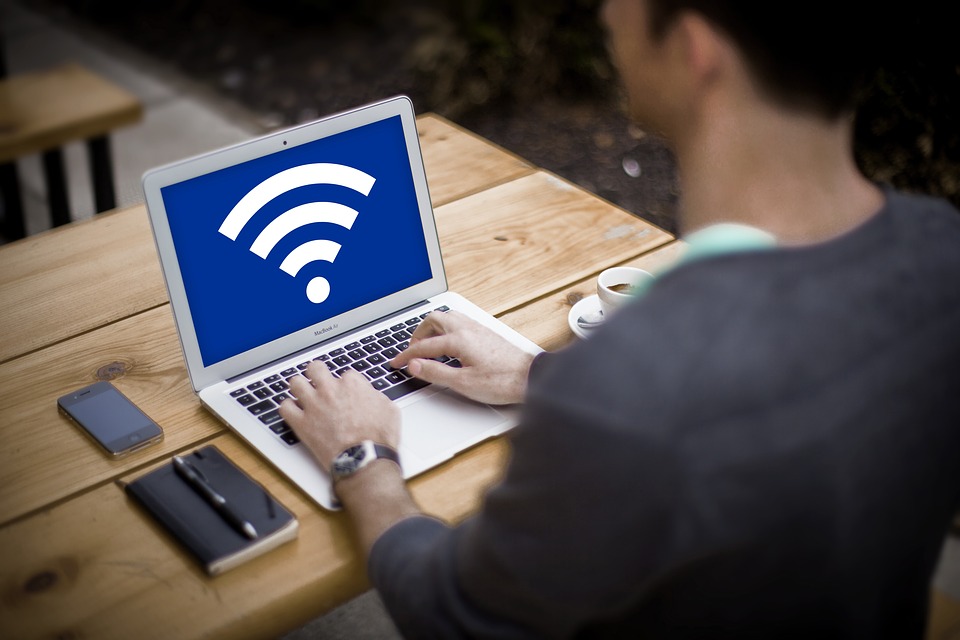
Staying Connected on Vacation: Public WiFi Security Risks
Summer is here and hopefully you’re planning to get away. Even though vacation is supposed to be your time to disconnect, we know you’ll have moments when you want to check in — email, Facebook, or maybe even paying bills. But, will you have ready and secure access to the internet? Perhaps you’ll be tempted to use the local coffee shop or hotel WiFi to connect. If so, beware. Public WiFi is a place where cybercriminals lurk to access your personal information. Still, you may not have a lot of options, so how can you protect yourself?
There are some simple steps you can take to increase your cybersecurity on public networks, as well as some more technical options. Here are 10 tips to stay safe when using public WiFi:
1. Do not link to unknown Wi-Fi access points. Just because a name pops up on your WiFi options that looks legitimate, does not mean you should trust it. Don’t guess or assume. The smart move is to ask an employee at the location offering WiFi what the correct name of their network is. There are bogus WiFi access points that are purposefully named to look like they are offered by a reliable source, but lead you into the hands of criminals.
2. Do not browse websites that require you to log in or ask for private information. For example, it’s not a good idea to do your online banking or shopping when accessing the internet on a public network. Even if you have to enter a passcode to use the WiFi, you are still on a network with many unknown users who may be monitoring your activity.
3. Check the URL address of the website to ensure it begins with “HTTPS” and has the lock icon. The “S” in “HTTPS” indicates that SSL is enabled which encrypts data that is passed back
and forth between your device and the server, making it unreadable to those who may be watching you.
4. Use your phone instead. If you do need to access a website that requires you to give personal information or passwords, it’s a better idea to use your phone and access the web through the cellular network (mobile data), not WiFi.
5. Never change your password while using a public Wi-Fi connection. Remember, you’re on a public network and people may be watching.
6. Never download software while you are on a public network. Some attacks involve prompting a user to download a newer version of their software, but the link to do so takes you to a fake website where malware is loaded onto your device.
7. When you do not need Wi-Fi, turn it off on your device. That way you won’t unknowingly be connected to public hotspots, including the bogus ones referenced above, (and it saves your battery, too).
8. Use a robust anti-virus and security program on your devices, and update the programs regularly. Updates are designed to address newer threats and known vulnerabilities.
9. Use a virtual private network (VPN). VPN provides a secure tunnel through which you can securely connect to the internet via a public network. Many employers utilize VPN, if not, there are a number of options that are free or low-cost to provide a VPN connection.
10. Turn off file sharing and turn on the firewall on your device. You can access these options through the control panel in Windows and through system preferences on OS X.
WiFi may be “free” and convenient in many vacation locations, but there is a big cost if you get hacked. Be smart, and you can have a vacation that is (relatively) stress-free from public WiFi security risks.
Download our free 10 Tips to Stay Safe When Using Public Wi-Fi Tip Sheet.

